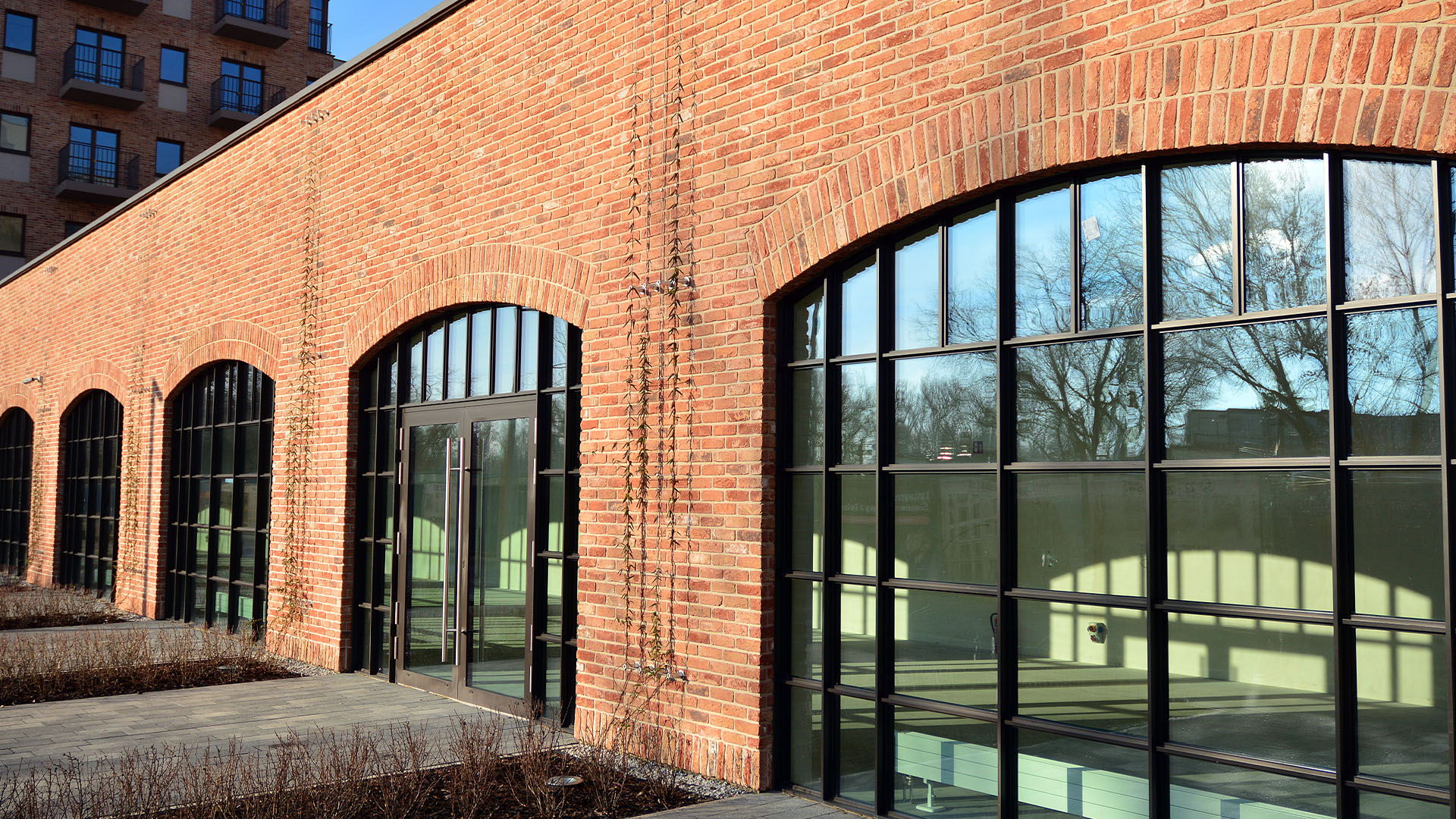
Publication
Generative AI: A global guide to key IP considerations
Artificial intelligence (AI) raises many intellectual property (IP) issues.


Australia | Publication | 五月 2021
As part of the transition towards recovery from the economic effects of the COVID-19 pandemic, on 25 March 2021, the COVID-19 Recovery Act 2021 (NSW) (COVID-19 Recovery Act) commenced. It amended a range of acts including the Retail Leases Act 1994 (NSW) (Retail Leases Act) to preserve certain protections introduced over the last year for lessees of retail and commercial premises.
In this article, we set out some key implications of the changes to the Retail Leases Act for lessors and lessees of retail and commercial premises and issues to consider during this period of transition. While lessors can now take action for certain breaches of leases arising after certain specified periods, they must exercise caution in doing so.
As a temporary measure in response to the economic fallout caused by COVID-19, on 24 April 2020, the Retail and Other Commercial Leases (COVID-19) Regulation 2020 (NSW) introduced new regulations under the Retail Leases Act covering retail leases and a new schedule 5 in the Conveyancing (General) Regulation 2018 (NSW) covering non-retail commercial leases.
The protections were repeatedly extended in respect of some leases to 23 October 2020 and 28 March 2021 through the Retail and Other Commercial Leases (COVID-19) Regulation (No 2) 2020 (NSW) and the Retail and Other Commercial Leases (COVID-19) Regulation (No 3) 2020 (NSW) respectively, albeit with varied eligibility requirements for lessees.
Generally, the regulations restrained lessors from increasing rent or taking action for specific breaches of leases against eligible impacted lessees during specific periods unless certain obligations had been fulfilled. Lessors were required to engage in renegotiations for rent or other terms and undertake certain dispute resolution processes.
The latest amendments to the Retail Leases Act preserve protections for impacted lessees in relation to breaches of retail leases and commercial leases which arose only during the prescribed periods (Period).
Lessors are restrained from taking “prescribed actions” for such breaches unless they have complied with their obligations to renegotiate rent and dispute resolution.
There are three Periods under which eligible impacted lessees are entitled to protection:
| Prescribed period | Eligibility requirements for lessees |
| Period 1: 24 April 2020 – 23 October 2020 |
A lessee under a retail or non-retail commercial lease during the prescribed period with:
|
| Period 2: 24 October 2020 – 31 December 2020 |
A lessee under a retail or non-retail commercial lease during the prescribed period with:
|
| Period 3: 1 January 2021 – 28 March 2021 |
A lessee under a retail commercial lease (but not a non-retail commercial lease) during the prescribed period with:
|
Lessors will continue to be restrained from taking prescribed actions against lessees for the following breaches of a retail lease or non-retail commercial lease which occurred during the relevant Periods:
Prescribed actions (Actions) include taking action under a lease, seeking orders and/or issuing proceedings in a court or tribunal for the following:
Before attempting to take any Actions for breaches arising during a Period, lessors must have complied with their obligations to renegotiate rent and undertake dispute resolution.
Where the protections apply, lessors must renegotiate the rent payable or other terms in good faith if requested by an impacted lessee. The renegotiation must consider the economic impacts of the COVID-19 pandemic and the leasing principles in the National Cabinet Mandatory Code of Conduct for commercial tenancies.
Where negotiations fail, before further Actions are taken by lessors, disputes relating to:
The lapsing of the regulations generally means that, as long as lessors are complying with other legal requirements and the terms of their lease, they are entitled to take action for breaches arising after the Periods. However, lessors should be cautious in exercising their rights to ensure they are not infringing the protections preserved under the Retail Leases Act.
The lapsing of the regulations raises additional considerations for both commercial lessors and lessees including:
If unsure about how these and other changes due to the COVID-19 pandemic impact your commercial or other leases, we suggest seeking legal advice from one of our experts.

Publication
Artificial intelligence (AI) raises many intellectual property (IP) issues.
Publication
We are delighted to announce that Al Hounsell, Director of Strategic Innovation & Legal Design based in our Toronto office, has been named 'Innovative Leader of the Year' at the International Legal Technology Association (ILTA) Awards.
Publication
After a lacklustre finish to 2022 when compared to the vintage year for M&A that was 2021, dealmakers expected 2023 to see the market continue to cool in most sectors, in response to the economic headwinds of rising inflation (with its corresponding impact on financing costs), declining market valuations, tightening regulatory scrutiny and increasing geopolitical tensions.
Subscribe and stay up to date with the latest legal news, information and events . . .
© Norton Rose Fulbright LLP 2023